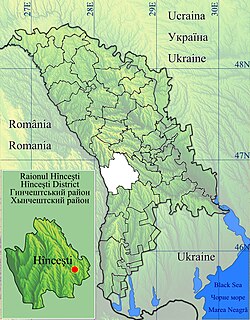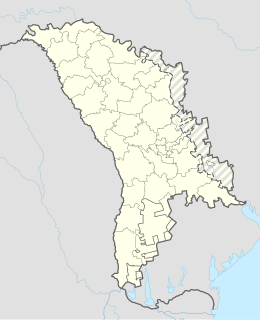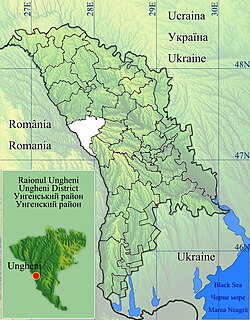| Lipnic | |
|---|---|
| Commune | |
| Coordinates: 48°23′37″N27°30′45″E / 48.3936111111°N 27.5125°E | |
| Country | |
| District | Ocnița |
| Government | |
| • Mayor | Ionel Usturoica (PCRM) |
| Population (2014) [1] | |
| • Total | 3,271 |
| Time zone | EET (UTC+2) |
| • Summer (DST) | EEST (UTC+3) |
Lipnic is a commune in Ocnița District, Moldova. It is composed of two villages, Lipnic and Paustova. [2]
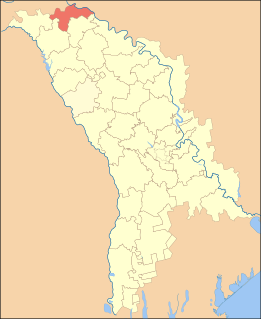
Ocnița is a district in the north of Moldova, with the administrative center at Ocnița. The other major cities are Otaci and Frunză. As of 1 January 2011, its population was 56,100.
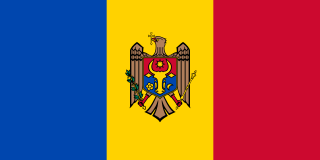
Moldova, officially the Republic of Moldova, is a landlocked country in Eastern Europe, bordered by Romania to the west and Ukraine to the north, east, and south. The capital city is Chișinău.
On 20 August 1470, at Lipnic (Lipinţi) was famous Battle of Lipnic, the river, where the Moldavian military, led by Stephen the Great, defeated the armies of the Crimean Khanate led by Murtada. After the fight Khan son and his brother Eminec are captured and taken as prisoners.
The Battle of Lipnic was a battle between the Moldavian forces under Stephen the Great, and the Volga Tatars of the Golden Horde led by Ahmed Khan, and which took place on the August 20, 1470.

The Crimean Khanate was a Turkic state of the Ottoman Empire from 1441 to 1783, the longest-lived of the Turkic khanates that succeeded the empire of the Golden Horde of Mongol origin. Established by Hacı I Giray in 1441, the Crimean khans were the patrilineal descendants of Toqa Temür, thirteenth son of Jochi and grandson of Genghis Khan through marriage; Temür married one of Genghis Khan's granddaughters. Though, according to a well-know Russian historian, Doctor of Historical Sciences, professor of the Russian Academy of Sciences Zaitsev Ilya Vladimirovich, the Crimean Khanate was an independent state during all its history. The khanate was located in present-day Russia, Ukraine, Romania and Moldova.





